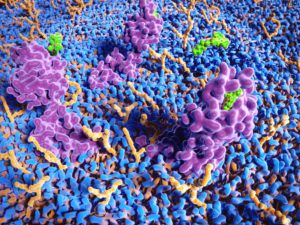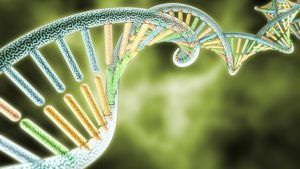Gut Feeling: Links Between LSD, Endocannabinoids, and the Microbiome
In the last 10 years, psychiatric interest in the use of psychedelics, such as psilocybin and LSD, has surged. A new study employed mice to examine how LSD could exert changes on the inflammatory response and the gut microbiome.







